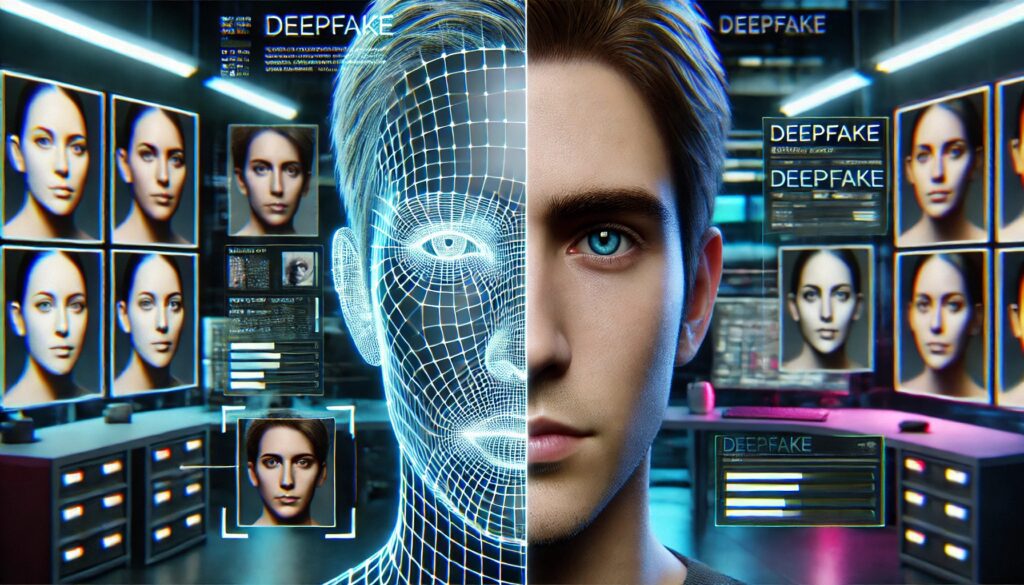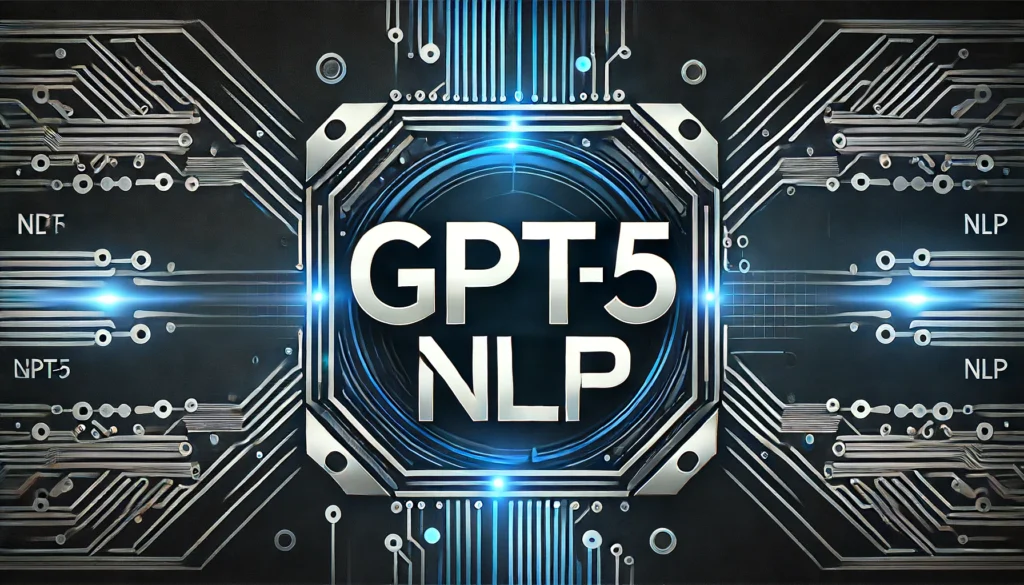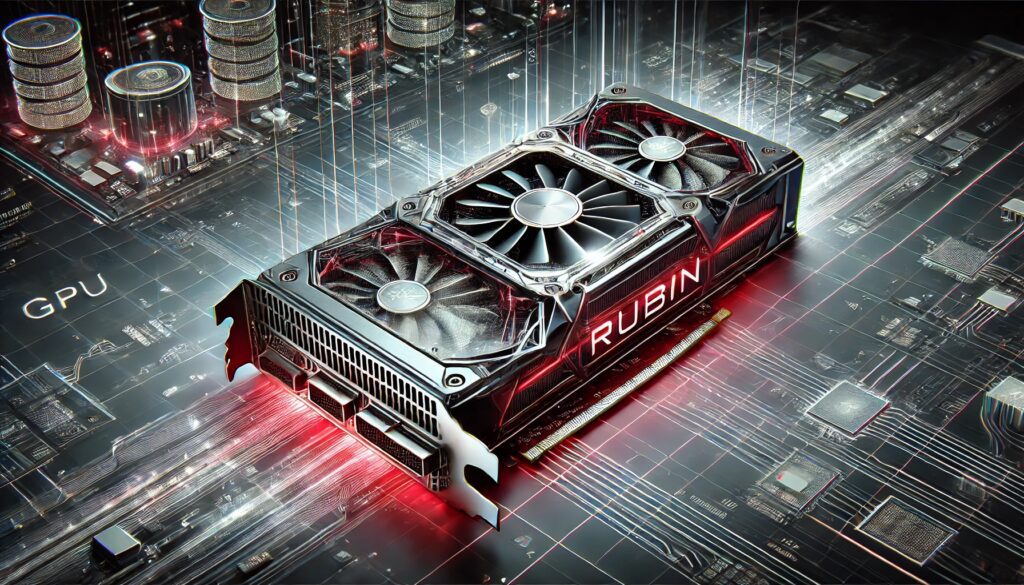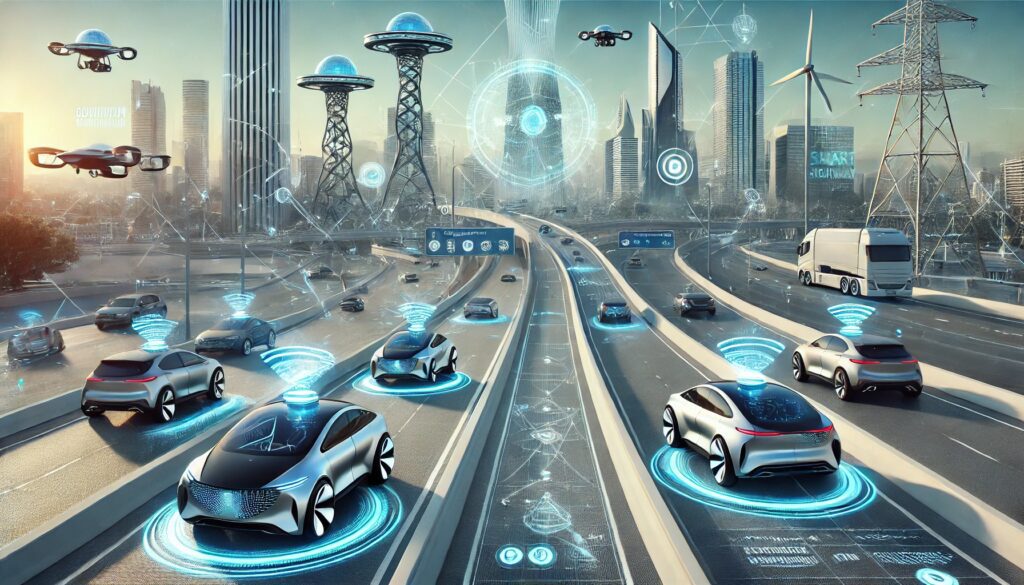
Connected cars are set to transform our driving experiences. From safety enhancements to seamless connectivity, the future capabilities of connected cars promise a revolutionary shift in the automotive industry.
Advanced Driver Assistance Systems
Autonomous driving is on the horizon. Imagine your car navigating through bustling city streets or handling rough weather conditions—all by itself. This will redefine our understanding of driving.
Next up, collision avoidance. Advanced sensors and AI algorithms will work together to detect and avoid potential collisions in real-time, making our journeys safer.
Lane keeping and adaptive cruise control systems will provide smoother driving experiences. These features will make long drives less tiring and more enjoyable.
Seamless Connectivity
Vehicle-to-Everything (V2X) communication will allow cars to interact with each other, infrastructure, and even pedestrians. This interaction will improve traffic flow and enhance road safety.
With 5G integration, cars will benefit from ultra-fast connectivity. Real-time data processing and communication will become standard, making our vehicles smarter and more responsive.
Connected cars will also leverage cloud services for updates, data storage, and processing. This ensures the vehicle’s software remains current and capable of handling new tasks.
Enhanced Safety Features
Real-time health monitoring of drivers will become essential. If a driver becomes incapacitated, the car can take control, preventing accidents.
Predictive maintenance will use advanced diagnostics to alert drivers about potential mechanical issues before they occur. This will reduce breakdowns and improve vehicle longevity.
In case of an accident, emergency response systems will automatically notify emergency services. They will provide precise location and status information, potentially saving lives.
Personalization and User Experience
Imagine a car that recognizes you and adjusts settings to your preferences. Customization will include seat positions, climate control, and infotainment options tailored to each driver.
An intelligent user interface with voice-activated controls, gesture recognition, and intuitive touch interfaces will enhance user interaction. This makes the driving experience more intuitive and enjoyable.
For passengers, in-car entertainment will evolve to include high-quality streaming services, gaming, and augmented reality experiences.
The Role of AI in Connected Cars
Artificial intelligence (AI) will be the driving force behind many advanced features in connected cars. AI will power autonomous driving, enabling vehicles to make split-second decisions based on real-time data.
AI-driven predictive maintenance will anticipate mechanical issues before they become serious, keeping cars on the road longer and safer.
Personalization will also rely heavily on AI, learning from driver habits to tailor the driving experience uniquely for each user. This technology will make interactions with vehicles more intuitive and enjoyable.
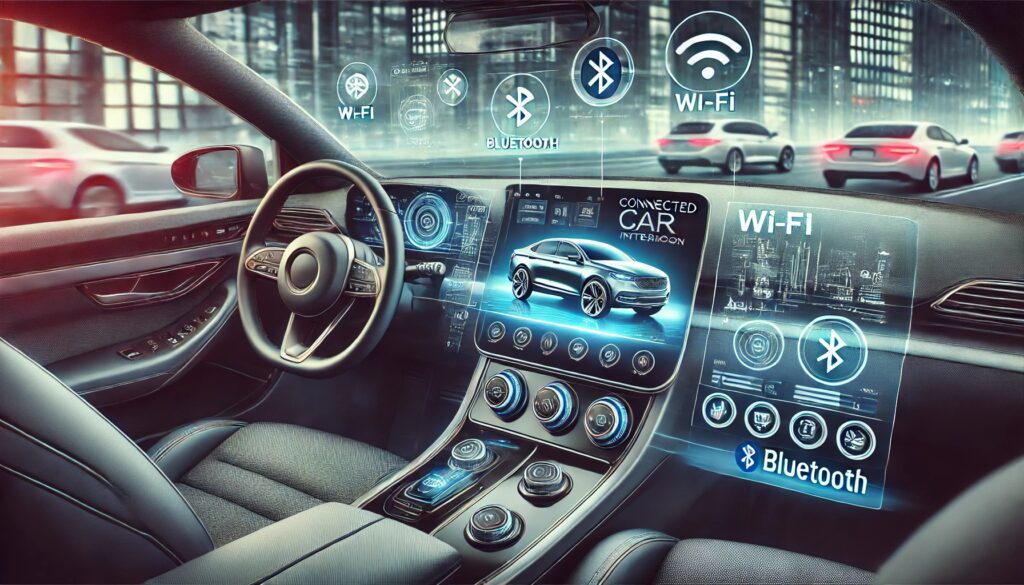
Environmental Sustainability
Energy efficiency will be a key focus. Advanced energy management systems will optimize fuel consumption and battery usage, reducing our environmental footprint.
Support for electric and hybrid vehicles will include seamless integration with charging infrastructure. Real-time updates on charging station availability and smart charging solutions will make eco-friendly driving more convenient.
Eco-friendly navigation will become standard. Route planning that considers traffic conditions, terrain, and vehicle efficiency will minimize environmental impact.
Data Privacy and Security
As cars become more connected, robust cybersecurity measures will protect against hacking and data breaches. Ensuring user data remains safe is paramount.
Data anonymization will protect privacy while still allowing for valuable data analysis. This balance is crucial for user trust.
Transparent and user-friendly data policies will clarify how data is collected, used, and shared. Clear policies build user confidence in connected car technology.
Integration with Smart Cities
Real-time traffic management will optimize traffic flow and reduce congestion. Connected cars will share data with city infrastructure, making urban driving smoother.
Integration with public transportation systems will facilitate seamless multimodal travel. This synergy will make commuting more efficient.
Smart parking solutions will provide real-time updates on available parking spaces. Automated parking features will further ease the parking process.
Innovative Business Models
Flexible subscription services will allow users to access various car features and services as needed. This model caters to diverse user preferences and budgets.
Enhanced car sharing platforms will make it easier to rent and share vehicles. This promotes sustainable usage and reduces the need for individual car ownership.
In-car commerce capabilities will enable users to order and purchase goods and services on the go. This convenience will redefine how we shop and travel.
Conclusion
The future of connected cars is exciting and transformative. These vehicles will enhance safety, convenience, and user experience while ensuring sustainability and data security. As technology advances, connected cars will become integral to our connected world, contributing to smarter cities and more efficient transportation systems.
Further Reading and Resources
For more insights into the future of connected cars, explore these resources:
